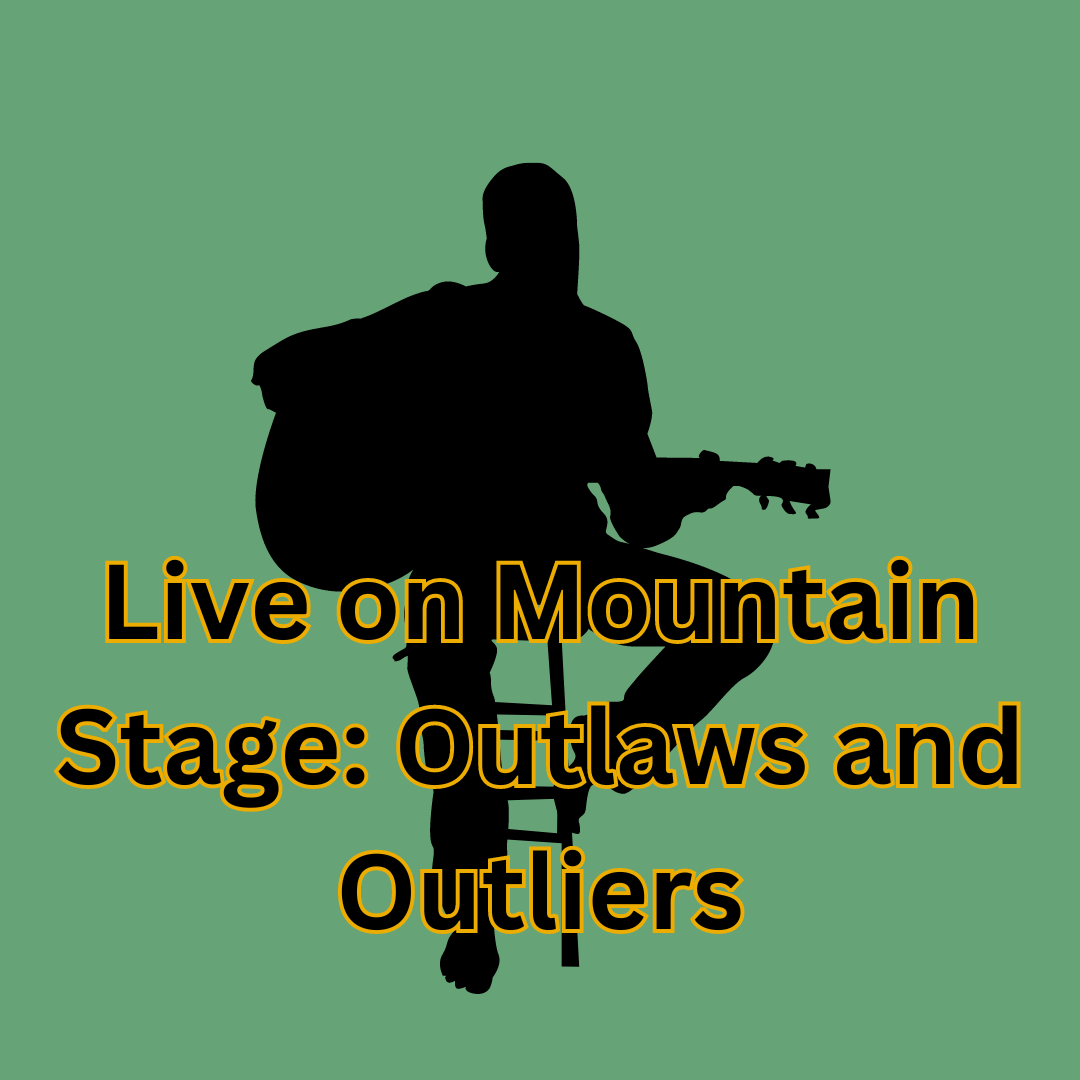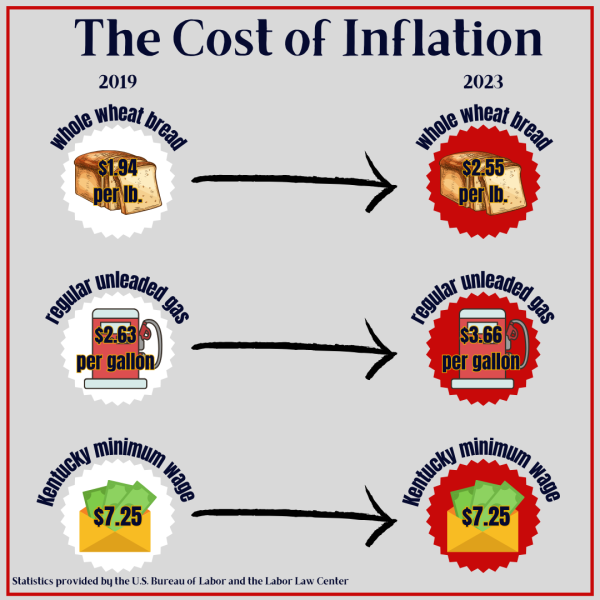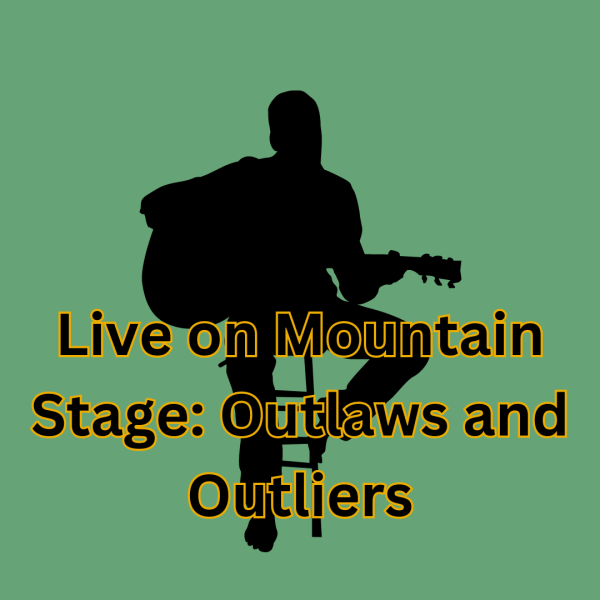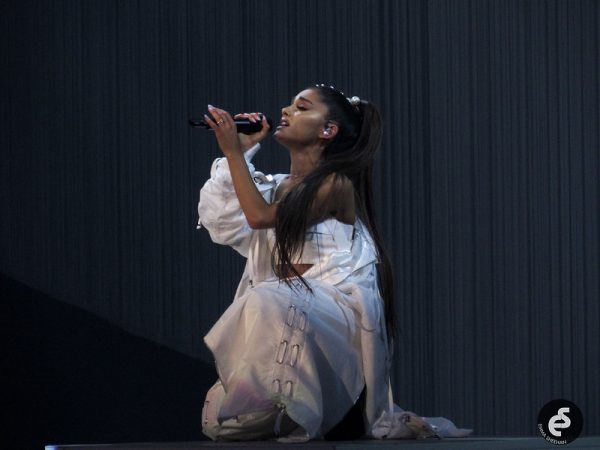Jack Harlow dives into personal, reflective rhymes
‘Jackman.’ released on April 28 under Generation Now Atlantic Records. (Album cover courtesy of Spotify)
May 4, 2023
Just a year after the release of his second studio album, Louisville-born rapper Jack Harlow is back with his third album, “Jackman.”
His previous album, “Come Home, The Kids Miss You,” received varying forms of praise and criticism. The album itself ultimately missed on many points, feeling bland or repetitive despite star features from Justin Timberlake, Drake, Lil Wayne and Pharell.
When Harlow announced his new album on April 26 of this year, fans were hoping for the old Jack. Released on April 28, “Jackman.” sees Harlow get personal about his success and his life.
The album kicks off with “Common Ground,” a song about the divide between white and Black children being raised in different neighborhoods till their paths eventually cross.
Harlow goes on to talk about how white kids use sayings that are typically coined as Black phrases, despite not knowing what life in predominantly Black neighborhoods is like. He also talks about how racism seems to plague these suburban neighborhoods, ending the song with the lyric, “common ground ain’t that common.”
In “They Don’t Love It,” Harlow talks about his growth in life and how he’s accepting it all, how he’s grown into a better version of himself, and ultimately, that he’s still working to get to the top.
One portion of the song that can’t go unmentioned, where he claims to be the best white rapper since Eminem: he’s “the hardest white boy since the one who rapped about vomit and sweaters.” While it’s hard to dispute because of some streaming numbers, some fans may agree that other rappers like the late Mac Miller gives Harlow a run for his money.
Harlow reflects on his life with an upbeat sound in “Ambitious.” He talks about where his rap career was at when he was 19 to where he stands now at 24. He’s at the height of his career and meeting his heroes—something he’s dreamed about for years is finally a reality.
We then reach the song “Gang Gang Gang,” and, boy, is this track something. On this track, Harlow talks about the dark secrets of some of his closest friends. He tells the tale of two of his close friends who have different criminal charges against them. He says in the chorus, “ride for my dawgs, lie for my dawgs, die for my dawgs,” but in the final verse, he makes the difficult decision of cutting them out after their terrible actions, saying “almost like you never were there.”
A top song of mine follows it up with “Denver,” which samples “Do You Know” by Douglas Penn. I enjoy this song so much because the sample just sounds beautiful throughout the song, and the beat itself is very enjoyable. Harlow talks about his struggles with depression and anxiety and his recent improvement, but he still wonders about the problems in his life and if they will ever get better.
“It Can’t Be” sees Harlow questioning what got him to the top. He says it can’t be his looks, it can’t be the work he’s put in or the flashy appearance of his life: “it must be my skin, I can’t think of any other reason I win.” He understands he’s a white rapper, and he grew up in a better environment than others.
Finally, we reach my favorite track on the list, “Blame On Me.” The beat is phenomenal, with the sample of “Blame” by Grey Hawken playing as the chorus. Harlow plays three roles through the three verses. First, a younger brother envious of his older brother who left him for his friends. Second, the older brother who regrets leaving his little brother behind and fears their relationship is fractured now. Third, the father who tells the story of his treatment of the kids and his empathy because he too lost his relationship with his brother. It’s a sad yet relatable story to many.
In the last track, “Questions,” Harlow asks himself 33 different questions about his life and where he’s at now. It’s self reflection. He’s worried about his future and misses parts of his past. But, he’s scared he won’t reach where not only he wants to be, but where his fans want him to be.
“Jackman.” is an album about all the issues in Harlow’s life, the problems he sees around him and how he can reach the top to give back to those he loves. It serves as a bookmark in an already illustrious career; one that Harlow can, hopefully, look back on fondly some day.
Overall, this album gets an 8 out of 10 from me. It’s full of stories that Harlow hid for a while. He’s self conscious yet aware of where he is right now. He has to make changes to make life better. While Harlow may want to make anthems, he’s got a real knack for making some conscious music that is still enjoyable.















































































































